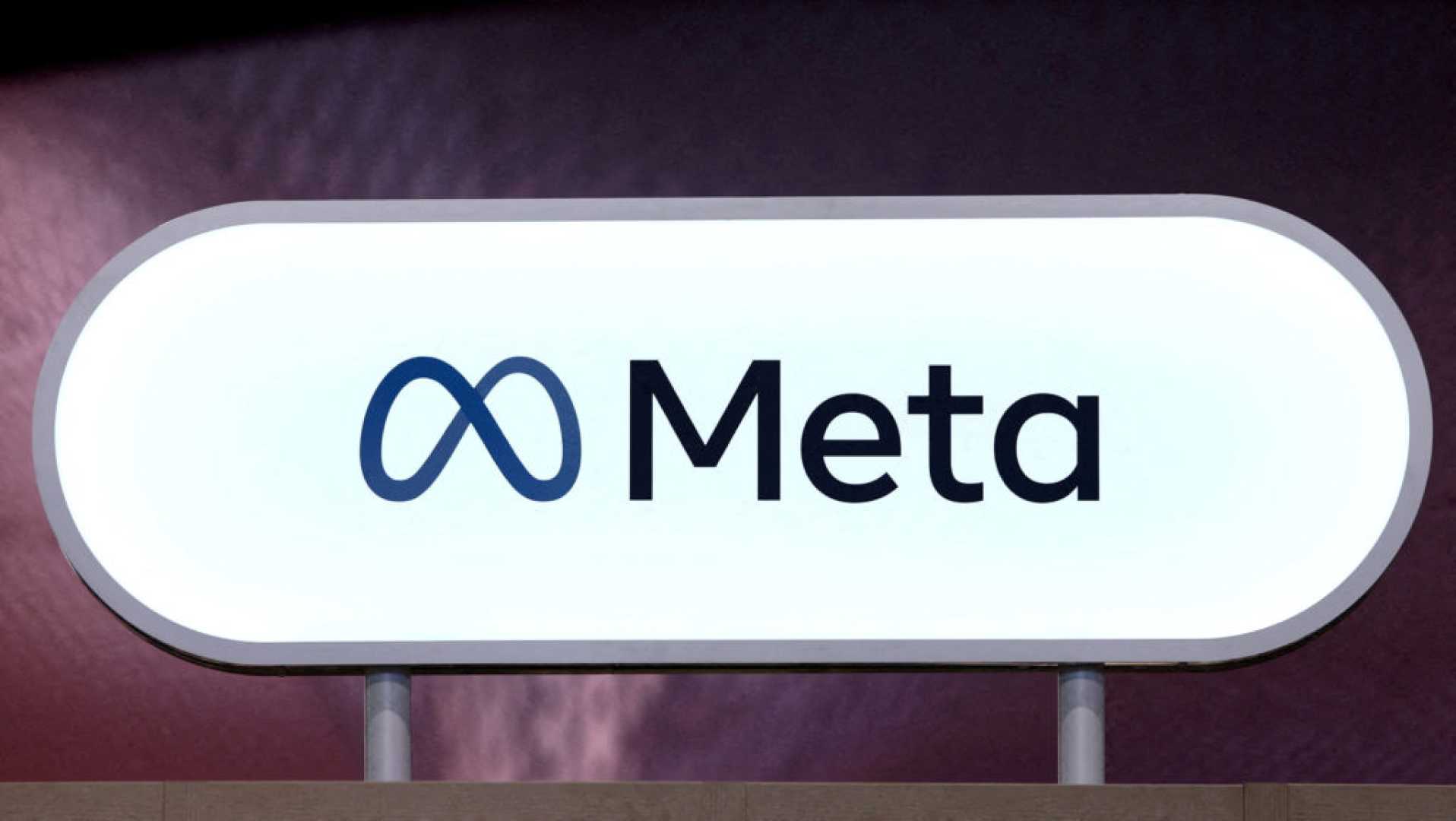Business
Meta Wins Court Case Against FTC, Strengthening Market Confidence

Menlo Park, California – A federal judge ruled in favor of Meta Platforms, Inc. on November 19, rejecting the Federal Trade Commission‘s (FTC) claims that the tech giant maintains a monopoly in social networking. The ruling is seen as a significant win for Meta as it continues to navigate multiple allegations from the FTC.
The FTC argued that Meta has suppressed competition by acquiring rivals like Instagram and WhatsApp. They sought a restructuring of Meta or the sale of these platforms to encourage fair competition. FTC spokesperson Joe Simonson expressed disappointment over the ruling, stating, “We believe in a competitive market for social networking.”
In response, a Meta spokesperson highlighted the company’s contributions to innovation and economic growth, declaring, “Our products are beneficial for people and businesses.” This judgment provides a boost not just for Meta but also for other large technology firms, such as Amazon, that are facing similar scrutiny from regulators.
On the same day, investment firm Cantor Fitzgerald lowered its price target for Meta from $830 to $720 but maintained an ‘Overweight’ rating on its stock. Earlier, on November 10, analyst Saken Ismailov of Freedom Capital upgraded Meta from ‘Hold’ to ‘Buy’ with a price target of $800. Meta is based in California and was founded in 2004, focusing on connecting individuals through its Family of Apps and Reality Labs segments.
As the company expands its product offerings and AI capabilities, Wall Street remains cautious yet optimistic. As stated in a report by Wedbush, analysts see potential in Meta driven by robust advertising growth and innovation in AI technology.
Meta’s recent bond offering, intended to raise $30 billion to fund its AI infrastructure, underscores the company’s aggressive approach to remain competitive in a rapidly evolving landscape. Despite the challenges, the recent court victory may provide the company with necessary momentum.
This development underlines an ongoing shift in tech investments, with a growing preference for AI-driven strategies in advertising and infrastructure.












